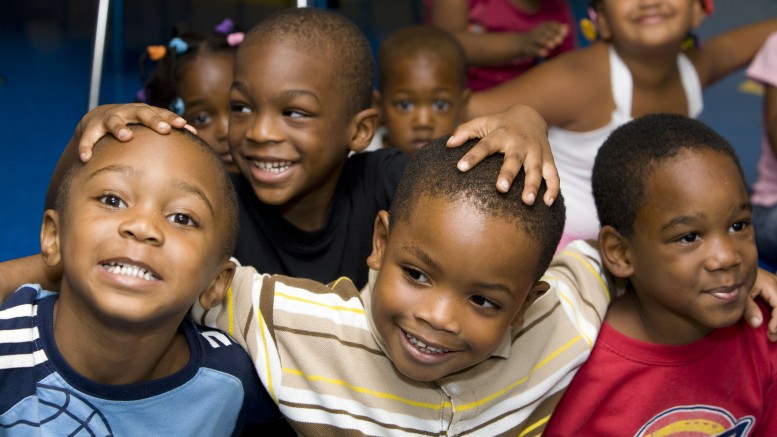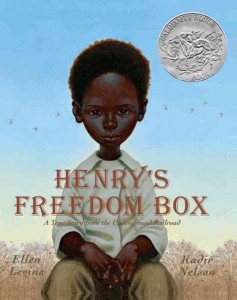Okay, I will play the central negative (devil’s advocate) and say if the Minneapolis /St. Paul Public Schools are spending over $20,000 per student in a classroom of 25, should parents and caregivers have their preschooler’s ready-to-read? If our young learners are not ready, should we (society) be looking at solving the constraints that stop our babies from being successful in their first public school engagement? It sounds easy, but the distractions in the Twin Cites are monumental.
By Don Allen, Publisher – Our Black News
Reading is one of the most important skills a person learns during its life, because it gives us the possibility to learn and interact with the world in a much more profound and personal way. Reading is an outstanding way to develop creativityand critical thinking abilities, while opening the eyes of the person to different types of ideas and cultures. Technology may change and the way get information may vary somehow, but reading has always been there and one way or another, it will still be there throughout the future. Since reading is such a primary way to understand the world, it is essential that our kids learn how to read and comprehend the texts as soon as they can in order to develop a higher cognitive development and a well-established love for reading.
Reading by Kindergarten offers advantages in almost every possible way you can think: It gives kids an ability that will develop their information processing skills and will open their eyes to appreciate things they couldn’t before. If kids learn how to read since they are really young, they have a much better chance to become regular readers and a much better disposition to enjoy this activity, which sometimes may seem like a pesky chore for many kids and teenagers in their formative years. Reading is also a part of learning a language and it is a very well-known fact how the sooner the child has contact with the language the better he/she will learn it, especially when considering a foreign language, so reading from an early age will provide them with a good advantage to become more proficient in any language learning process. As you can see, Kindergarten kids who know how to read will have many positive advantages and will make the best of their formal education.
Some people claim that learning how to read at such an early age isn’t actually the best option for children because they might still not be ready to perform such advance tasks and it might in fact interrupt their normal development. They point out how children, and particularly very young children, learn better through play-based experiences in language-rich environments that develop their ideas about symbols, oral language and the printed word, so reading represents a very unattractive idea to them and in way, it would be like forcing them to do something they might not like or they are not ready for at the moment, which is not positive in any way. In any case, there isn’t a conclusive argument to this, since there hasn’t been a formal study or research about it, but the idea here is not to disregard these remarks from many specialists and actually integrate them in a constructive way that will benefit the learning process of our children.
Teaching how to read at an early age can be done in many ways that don’t have to go in detriment of the children’s development process and our goal should be to prepare our professionals to perform these tasks effectively. Getting ready for kindergarten is a process that begins long before kindergarten starts. By initiating early and learning new skills along the way, children will have a stronger start to the exciting year of learning that lies ahead. Parents and educators that work with very young kids should focus in learning more about what activities excite and frustrate your child, because this will give them the right perspective and ideas to implement activities that are better suited for each child. This represents the key element that will provide us with the right tools to undertake the challenge of teaching kids how to read by kindergarten, because it means we are going to adapt the educational process to the needs and the particularities of each child, and this adaptation is a natural one, so it doesn’t disrupt their cognitive development at all, because it works around them.
Of course many children are not developmentally ready to read by kindergarten and you will find many disparities, since every child is a different world, but if we focus the right educational experiences geared around their mental development level by also being in tune with their learning needs and cultures, we could be able to achieve it successfully and this is a game changer element because it would mean we could find a way to make sure almost every child learns how to read at such an early stage. Just imagine the learning progression children could have through their lives if they dominate this essential skill before kindergarten: we are talking about the possibility to create better students with superior comprehension capabilities, as well as improved data and idea processing, which will give them an edge in almost every aspect in their life and improve our society as a whole.


Be the first to comment on "Why all preschool children must be ready-to-read by Kindergarten"